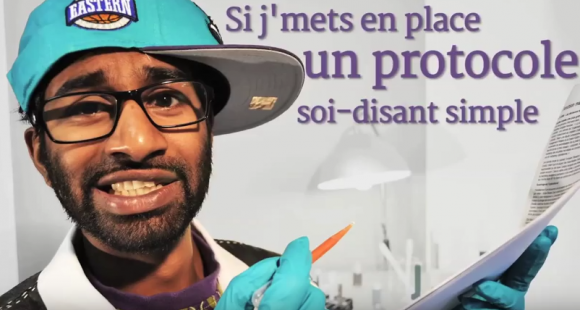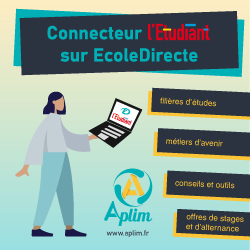
"Twitter replaced my online technology watch tools," says Alexis Verger, molecular biologist at the French National Center for Scientific Research (CNRS). Verger realized that social media could boost science journalism. Sylvain Deville, CNRS ceramic materials researcher, agrees. "Scientific articles average just 5,000 words. I've already published 150,000 words on Twitter."
Can science be communicated in a simple way? On May 31st, roughly 100 researchers and science journalists met in Bordeaux to discuss at the first ever Forum for New Initiatives in Scientific Journalism.
Short and Sweet on Twitter
Thanks to its spontaneity and brevity, Twitter casts research in a new light. That same brevity makes it hard to publish findings. However, for Deville, "It puts a human face on research. By sharing personal stories, we can reach a broader audience and modernize our image." Bloggers like Florence Porcel, who created Twitter accounts for each star, have also seized on the platform's playfulness.
Additionally, Twitter can link to blogs. Charlotte Truchet, Assistant Professor in Computer Science at the University of Nantes, explains, "I write for the Binaire blog on [newspaper site] Lemonde.fr and use Twitter to publicize my posts." Certain accounts like @Realscientists have also found success by featuring different scientists every week.
Light and Loose on YouTube
Both Twitter and YouTube are easy to use. Chandrou Koumar, PhD student in Neuroscience at the University of Caen Normandy, started the YouTube channel Droupix. His tagline? "At Droupix, science gets funky."
Manon Champier, PhD student in Ancient History at the University of Toulouse Jean-Jaurès, doesn't understand why people criticize academics for treating research too lightly on YouTube. "In my videos, I make conscious decisions, just like people who publish scientific articles or write presentations."
Koumar notes, "We're not targeting people who watch TV. Storytelling is totally different online. You have to stay concise, quick and visual. The Internet is like a lab. It's ok to try something new or to fail."






